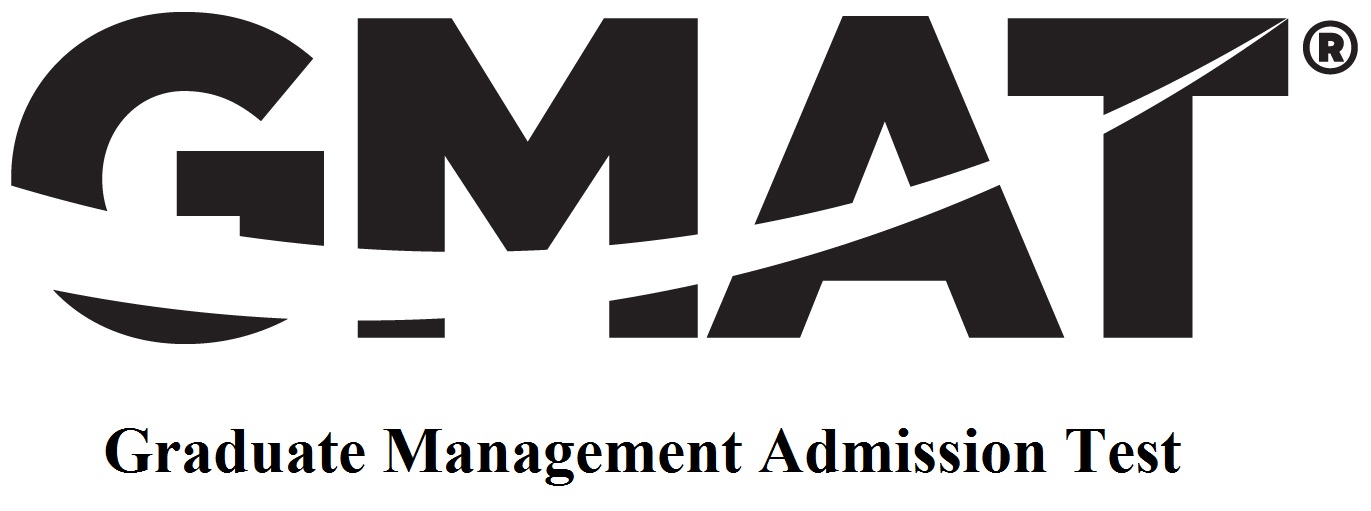19 Aug
Importance of GMAT and work-experience in an MBA application
GMAT Score: This remains the single-most important factor which determines the college selection. Generally, applicants go by the average MBA scores indicated by each college. However, it is important to go a bit deeper into the class profiles or independent ranking websites to determine the range of GMAT scores for mid-50% of successful applicants. Typically, if the average GMAT would be say, 680, then the mid-50% could be 650 – 700 or mid-80% around 640 – 740. Thus, if an applicant has say, 670, he/she need not feel ineligible to apply. While applying to good colleges (ranked by FT) I would recommend a minimum score of 680 and to other colleges in US / world of a score not less than 650. These scores can be considered competitive. Of course, no GMAT score can be considered in isolation and other factors discussed below do matter a lot.
GMAT Test Prep in Mumbai
While the average GMAT score published by universities / colleges is an absolute score, the range of GMAT scores discussed above gives a better idea of the qualitative aspects of the application. One has to reflect as to why some candidates with a GMAT score which is nearer the lower end of the range do get selected whereas candidates having scores above the average GMAT score or even near the top end of the range do not make it? It is obvious that these candidates had something which appealed to the admission committee. This could be the length of work-experience or more importantly the industry / sector which the applicant has been working in. Typically, engineers do well in GMAT and hence get high scores. However, an MBA program thrives on diversity. So the admissions committee would consider an application from a historically unrepresented industry /sector perhaps a bit more favourably and settle for a lower GMAT score if all other aspects of the application are fine. Sectors like banking /consulting typically see a third of the applications. Thus, the admissions committee might select candidates with higher GMAT scores from these sectors as the competition within these sectors would be tough. Since most of the MBA programs work on cohort system, it is necessary for the selectors to maintain diversity as all cohorts should be as equally balanced and hence they try and balance the intake lest a particular class should be tilted towards any particular industry or sector.
GMAT Classes in Mumbai
I have seen candidates with as high as 760 in GMAT not getting selected due to the length of work-experience not being sufficient or below the class average. Top MBA programs typically require a work experience of about or nearing 5 years. Although the college web-sites do mention that minimum requirement to apply would be 2 years or 3 years of work-ex, it is important to understand that for post-MBA employment, pre-MBA work experience plays a major role. Colleges / Universities in US are not recruiting grounds for entry-level position. The MBA graduate from these colleges typically would be absorbed in middle level positions and hence previous work-ex plays a major role. This would hold well even if the applicant is looking for a career change post MBA.
Amar Mainkar
Head of Counselling




